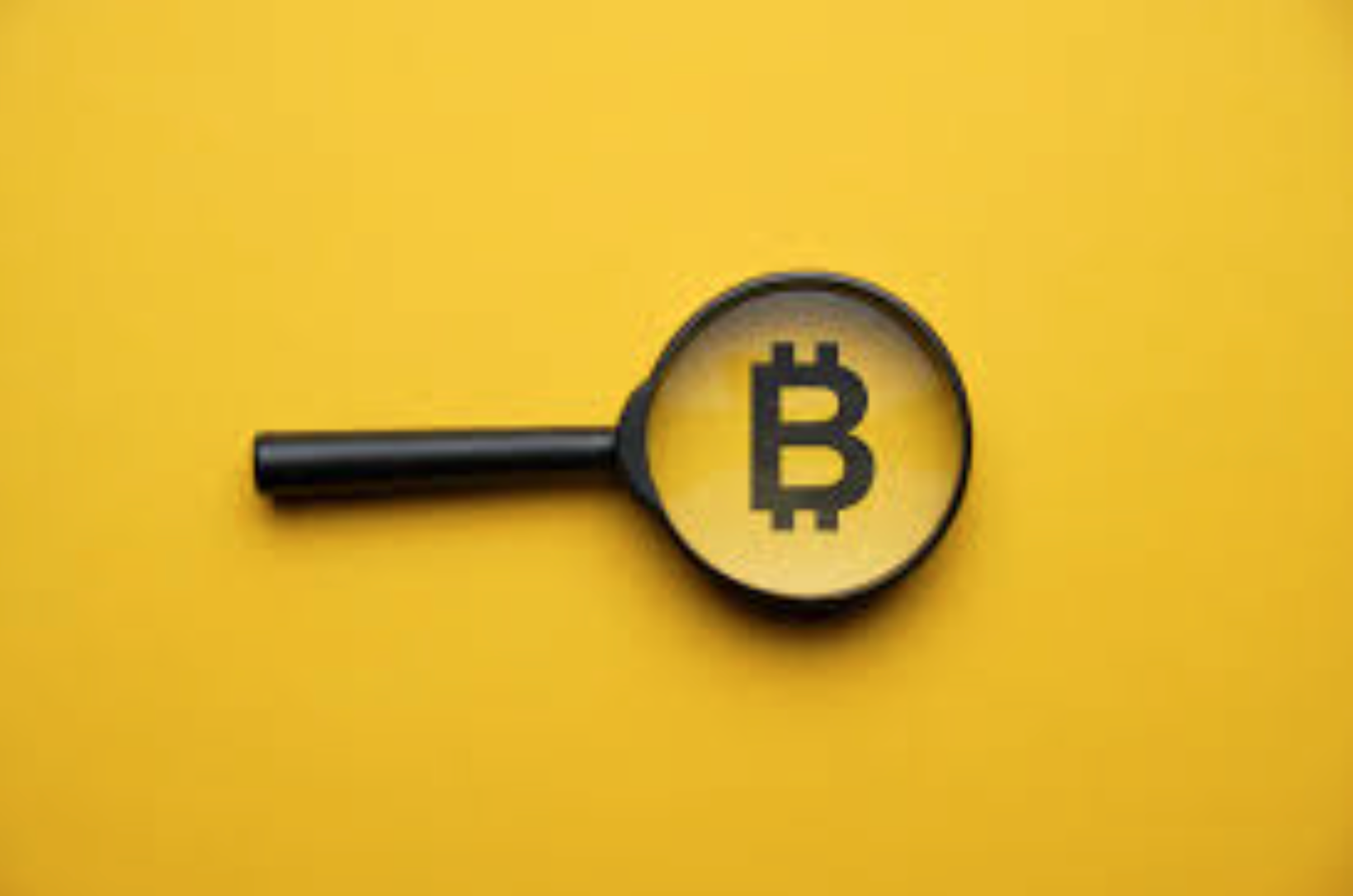In Bitcoin’s early days, many people criticized it as the new face of pyramid schemes that would disarray the entire global economy. They described Bitcoin as a bubble that would soon burst, leaving investors in financial ruins. Many people are still skeptical of Bitcoin today, concerned that its high volatility impacts immense and unnecessary risks to investors. So, is Bitcoin a pyramid scheme? This article explores the relationship between Bitcoin and the pyramid scheme to answer that question correctly.
The Relationship between Bitcoin and Pyramid Schemes
Most people say Bitcoin is a pyramid scheme mainly because it shares some characteristics with a Ponzi Scheme, a pyramid fraud conducted by stealing money from investors under the disguise that they would receive higher returns.
In early 2021, Bitcoin lost about 26% of its value in less than two weeks. In April, it reached an all-time high record of $64,339 before plummeting to $47,777 in a few days. Based on such dramatic price movements, some experts insist that Bitcoin is too volatile, giving investors false hopes of profitability like pyramid schemes. Such fluctuations make Bitcoin seem like a game or trick.
Some analysts are also concerned that Bitcoin exists in a decentralized market, without any oversight and its value mainly depends on speculation. Thus, it does not qualify as a currency; instead, Bitcoin is like a game that anyone with tech skills can create.
Some critics also tie Bitcoin to pyramid schemes because of its blockchain technology and user autonomy. However, blockchain is a critical technology, facilitating Bitcoin’s secure, prompt and low-cost transactions. It generates a permanent digital ledger that allows users to keep track of their transactions and prevent risks such as fraud. Contrary to what some may think, Bitcoin’s blockchain exists to protect users through transparent, faster, and safer payment processing.
Others also claim the recent launch of a US Bitcoin exchange-traded fund has even made it look more like a pyramid scheme than a currency. They say ETFs can lure billions of investors’ dollars into Bitcoin, promising huge returns for those who got in at the bottom before it collapses. Nevertheless, there are several reasons why Bitcoin is not a pyramid scheme.
Increased Mainstream Integration
Unlike pyramid schemes that mainly target investors, traders, and asset managers, Bitcoin seeks to revolutionize the entire global economy. Satoshi Nakamoto introduced Bitcoin to eliminate the bureaucracies of the traditional financial systems with decentralized transactions. It works on a peer-to-peer network, facilitating trustless transactions.
Leading crypto exchange platforms like Quantum Code saw its more significant potential early and adopted it. Several financial institutions, including banks, have also followed suit, processing crypto payments. Many industry leaders in manufacturing, real estate, e-commerce, and retail are also rapidly adopting Bitcoin as a convenient payment method and an asset.
The rapidly growing Bitcoin integration into several global economic sectors indicates that it is not a pyramid scheme. Even the most popular and catastrophic pyramid schemes in history have never achieved such an immense international following.
Bitcoin Investments Are Taxable
Bitcoin is legal in almost all developed and developing nations worldwide, despite a few regulatory concerns. The US tax regulator, IRS, classifies Bitcoin investments as virtual assets, subject to income tax and capital gains tax. They expect taxpayers to pay taxes on all their gains from buying, selling, and holding Bitcoin and other crypto transactions. That elevates Bitcoin’s legitimacy as an asset, highly distinctive from a Ponzi scheme. Bitcoin’s recognition as a currency and an investment by governments worldwide enhances its reputation, further distancing it from links to a pyramid scheme.
Bitcoin possesses some similar characteristics to a pyramid scheme but those are just observations. Bitcoin is a legitimate asset and payment method with a more significant potential to transform the global economy.


